Paver Material Selection: Comparing Different Types of Paver Materials
Pavers play a crucial role in creating durable surfaces for driveways, patios, and walkways. They come in various materials, each with its own set of benefits. Let’s explore some popular paver types and compare their advantages.
Concrete Pavers
- Durability and Weather Resistance: Concrete pavers are known for their strength and ability to withstand harsh weather conditions.
- Design Versatility: Ideal for high-traffic areas, concrete pavers offer a wide range of design options.
- Considerations: While durable, proper maintenance is essential to ensure longevity.
Brick Pavers
- Classic Aesthetic: Brick pavers provide a timeless look and are great for driveways due to their strength.
- Low Maintenance: They require minimal upkeep.
- Considerations: Their color may fade over time.
Stone Pavers
- Natural Beauty: Stone pavers (including limestone, flagstone, bluestone, marble, and granite) add elegance to any space.
- Unique Colors and Textures: Each stone has distinct characteristics.
- Considerations: Stone pavers can be more expensive than other options.
Clay Pavers
- Traditional Aesthetic: Clay pavers offer a classic appearance.
- Hardiness: They are extremely durable.
- Considerations: Limited color options compared to other materials.
Rubber Pavers
- Safety: Rubber pavers are slip-resistant, making them suitable for areas where safety is a priority.
- Considerations: They may not be as visually appealing as other materials.
Porcelain Pavers
- Low Maintenance: Porcelain pavers mimic natural stone or wood and require minimal care.
- Design Variety: Available in various designs.
- Considerations: Cost can be higher than some other options.
Permeable Pavers
- Environmental Benefits:
- Reduced Surface Runoff: Permeable pavers absorb rainwater, lowering the risk of flooding and erosion.
- Groundwater Recharge: They support healthier urban green spaces.
- Pollutant Filtration: Permeable pavers filter pollutants from rainwater before reaching water bodies.
- Practical Advantages:
- Cost Savings: Less need for road salt and extensive drainage systems.
- Durability: Properly maintained permeable pavers offer a long-lasting solution.
- Research: Studies are evaluating the effectiveness of different permeable materials in reducing runoff volume and pollutants.
In summary, the choice of paver material depends on local climate, project needs, and environmental considerations. Whether you opt for concrete, brick, stone, or permeable pavers, each type has its unique advantages. Consider your specific requirements to make an informed decision for your next project.

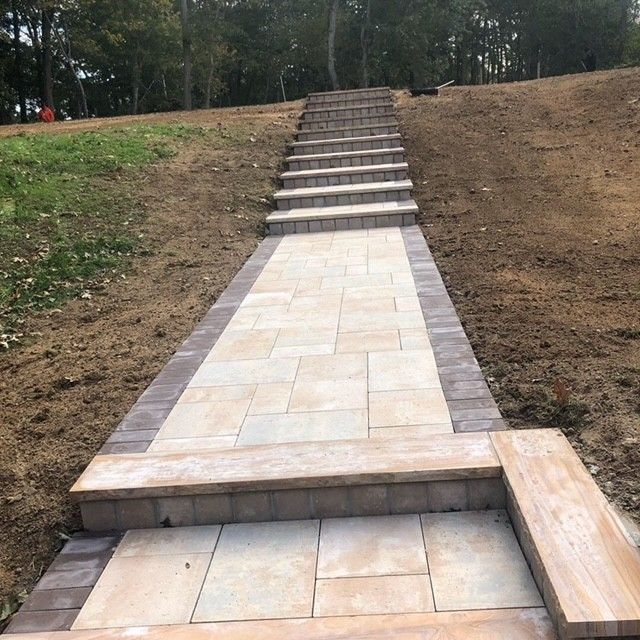


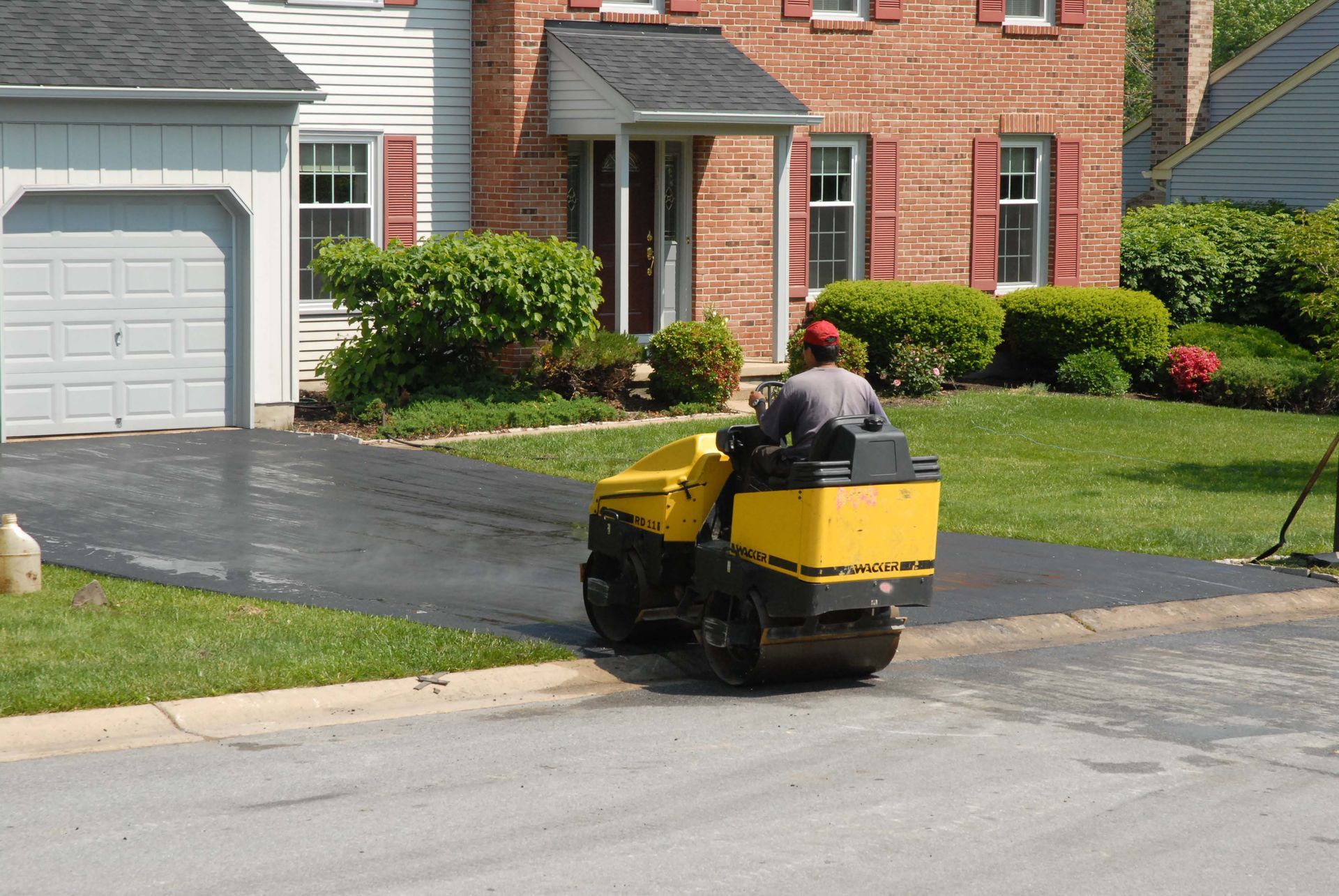
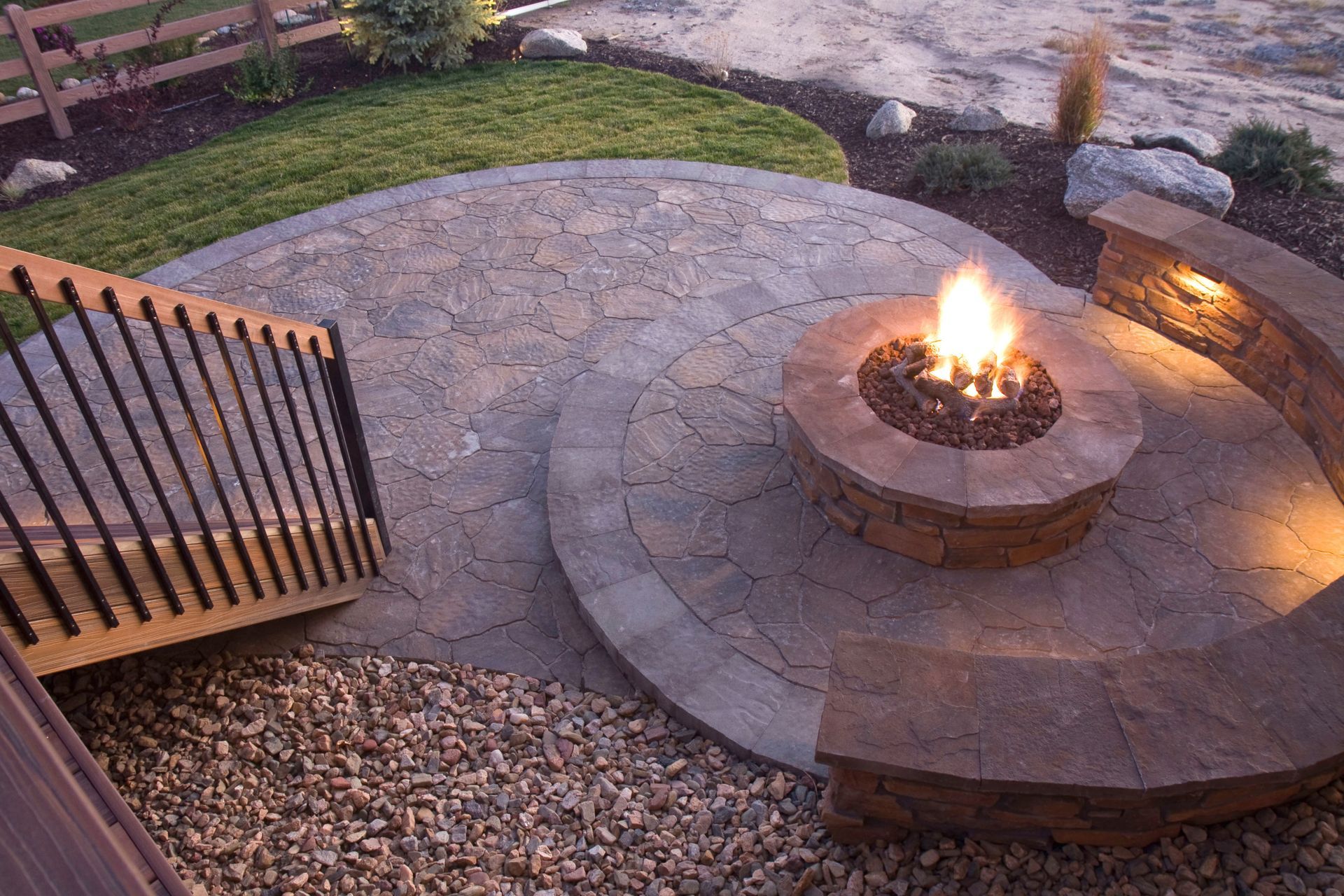
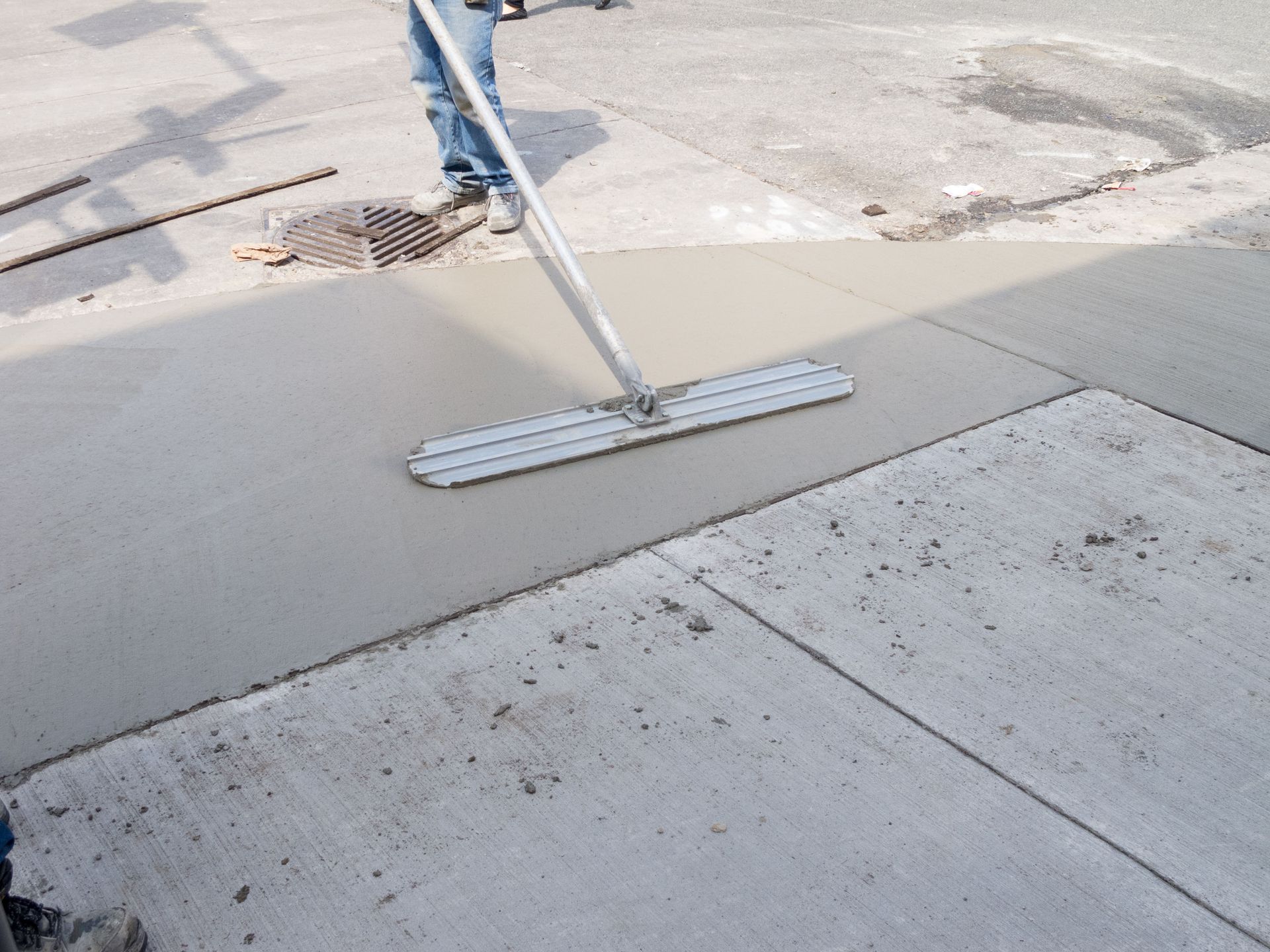
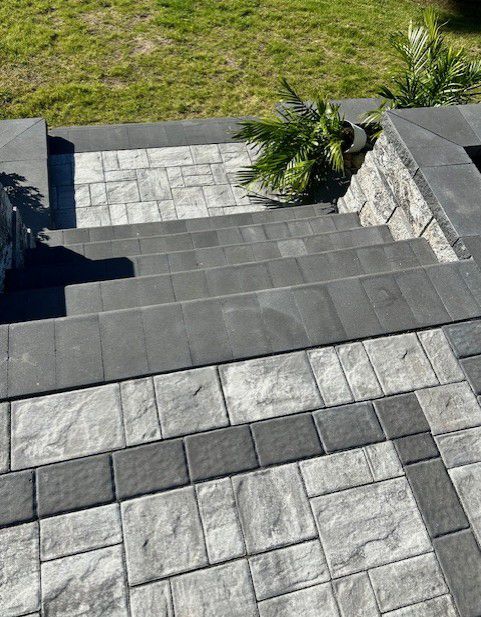


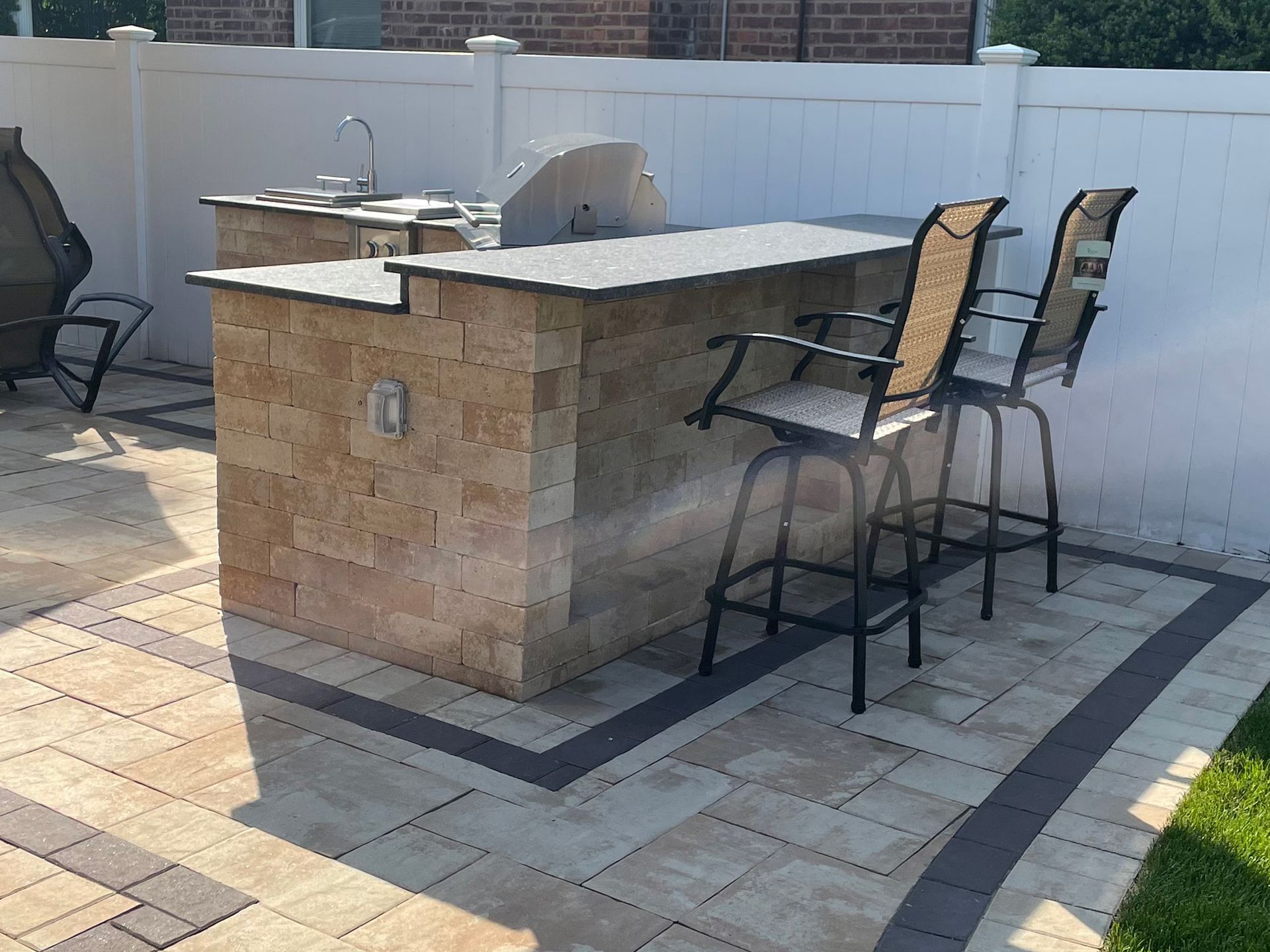

Share On: